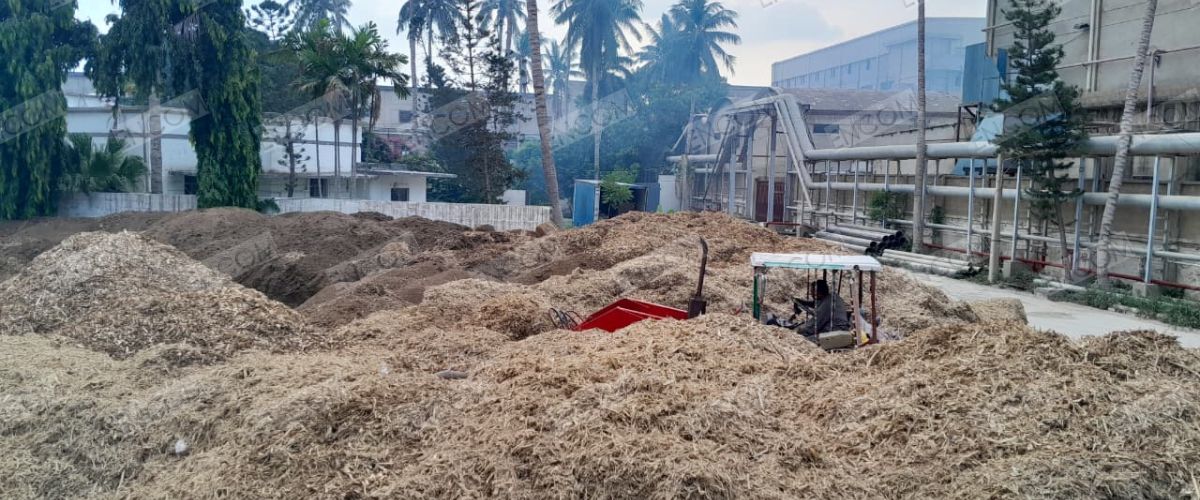What if your boiler did more than produce steam? What if it cut your emissions, tamed fuel volatility, and turned waste into a cost advantage? That’s the bet many Pakistani plants are winning on with biomass. In 2024, Pakistan’s biomass capacity touched about 1,200 MW. That growth didn’t happen by chance. It came from plant managers who saw the regulatory tide rising and moved first.
Regulatory Drivers and Market Momentum
New standards from AEDB and provincial regulators have raised the bar on emissions. Penalties are real. Audits are tighter. Yet the smartest operators aren’t reacting. They’re pre-empting.
- Carbon math stacks up: With sustainable sourcing, biomass combustion is considered carbon neutral. Many sites report CO₂ cuts approaching 90 percent versus coal, depending on design and fuel quality.
- Local fuel, stable costs: Rice husk, bagasse, corn cobs, wood chips. Local feedstocks build energy security and protect you from imported fuel shocks.
- Waste becomes a resource: Sugar, rice, pulp and paper, and food processors turn waste burdens into clean heat and power. That supports circular economy goals and reduces landfill risk.
Globally, the momentum is clear. Biomass boiler demand is growing fast, supported by climate policies and renewable targets. Asia Pacific, including Pakistan, is a major growth region. That’s because the tech is proven, scalable, and now competitive on a per kWh basis with gas and often cheaper than imported coal when you consider incentives and avoided penalties.
Practical Applications in Pakistani Plants
Picture a rice mill. The team used to juggle gas availability and seasonal price spikes. Today, a high-efficiency biomass boiler runs on husk produced on-site. Steam reliability improved. Fuel cost stabilized. Stack readings meet stricter limits without drama. The mill added a simple fuel handling line and a multiclone plus bag filter. Operators watch everything on smart controls and tweak combustion in real time.
Alternatively, take a sugar mill. Bagasse that once overflowed the yard now feeds a modern boiler with staged combustion and heat recovery. They export power during season, then co-fire with agri residues off-season. Emissions stay inside limits. Maintenance windows shortened because the system was designed for local ash profiles from day one.
Technology Features that Underpin Compliance
Modern biomass systems are a different class from the legacy units many still picture.
- High turndown with tight O2 trim keeps efficiency up as loads swing.
- Flue gas cleaning packages align with local standards and client audits.
- Modular builds scale from smaller process users to large cogeneration plants.
- Digital controls help prove compliance with logged data during inspections.
Most importantly, the design matches your fuel reality. Rice husk is abrasive. Bagasse is fibrous and moist. Mixed agri residues vary day to day. The right grate, furnace geometry, and materials protect uptime and keep emissions stable.
Planning Framework for Future Standards
Regulations will only tighten. Early movers lock in savings and resilience. Late movers face rushed capex, integration headaches, and higher lifetime costs. A thoughtful roadmap does three things well:
- Audits current steam loads and future expansions
- Maps local feedstock supply chains and quality
- Designs for emissions headroom, not bare-minimum thresholds
Encom Pakistan’s Role in Enabling Outcomes
If you’ve worked in industry here, you’ve likely crossed paths with Encom Pakistan. For over 20 years, their teams have paired global OEM tech with local realities. On biomass, that means system design tailored to Pakistani feedstocks, certified installation, and after-sales service that keeps the promise of compliance and reliability long after commissioning. It’s the difference between a boiler on paper and a boiler that performs in peak season, off-season, and audit season.
Final Takeaway
Biomass isn’t just a compliance box to tick. It’s a strategic lever for cost, risk, and reputation. If you’re exploring your options or want a second opinion on feasibility, talk to a partner that knows both the regulation and the reality on the shop floor. Encom Pakistan helps plants move first and stay ahead.

